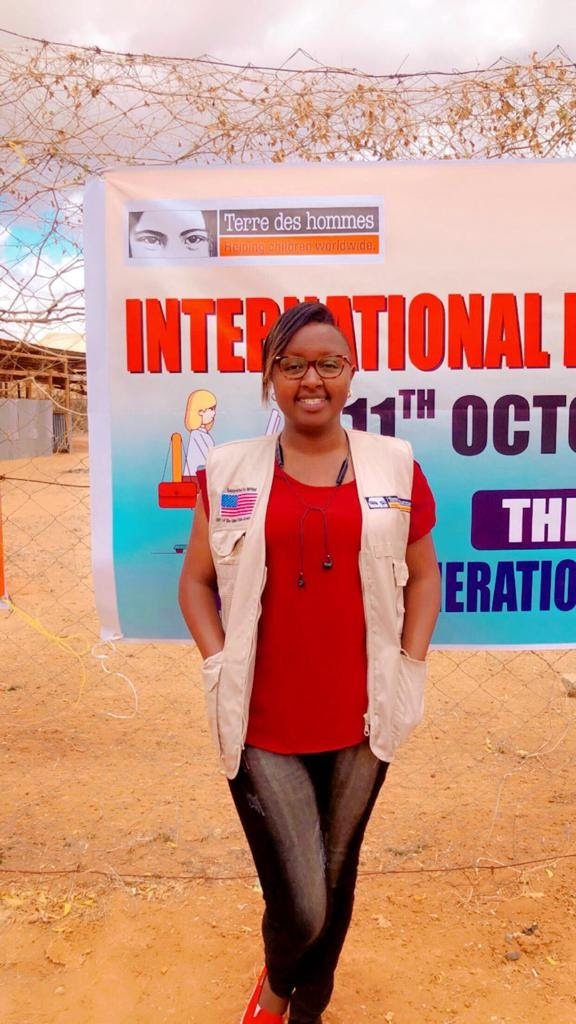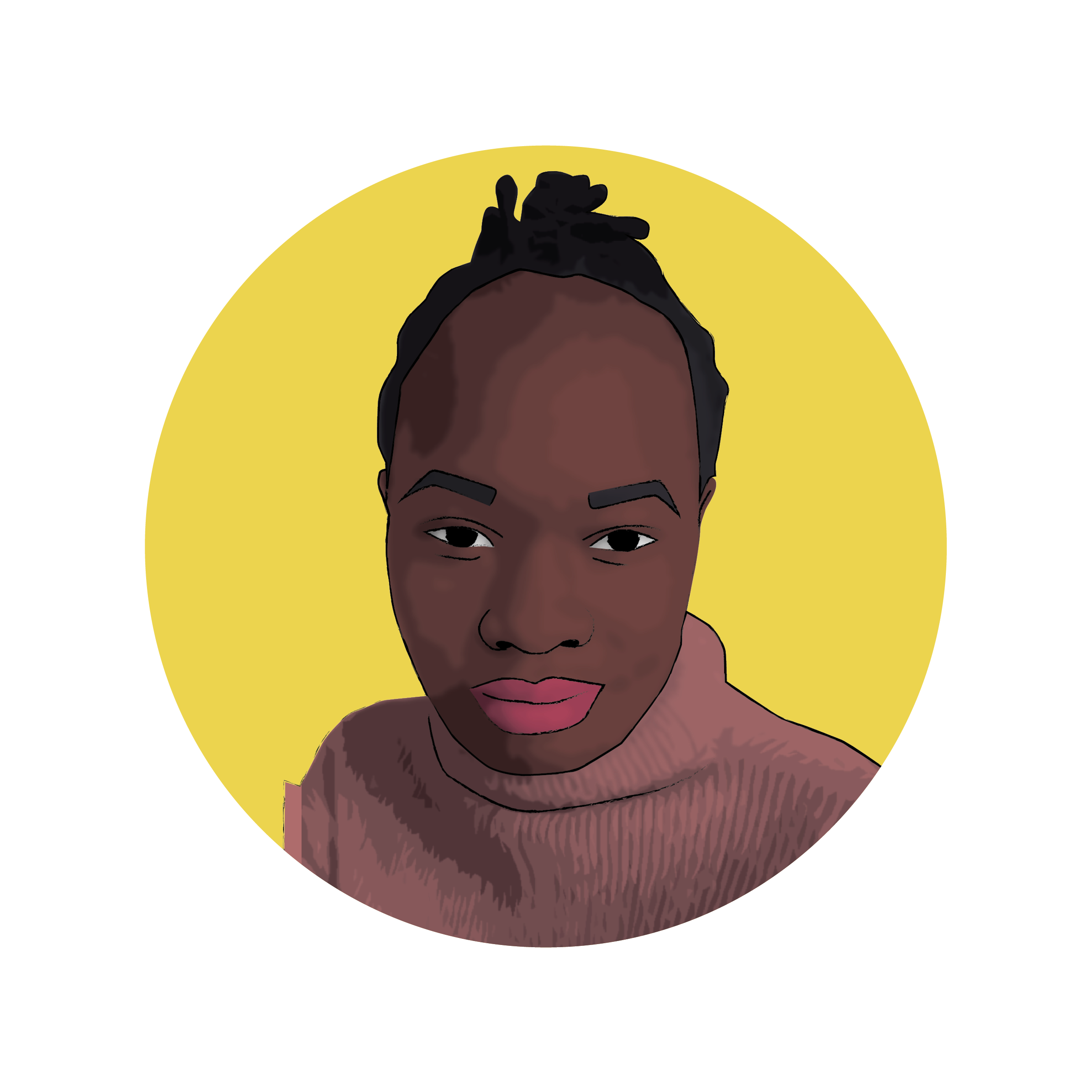2022 Blog Archive
View our current Blogs Here
Gender Based Violence (GBV)is a harmful act that can hinder girls and women from self actualizing. It destroys their aspirations, their economic performance, violates their personal freedoms and undermines their sense of self-worth and self-esteem. It is an obstacle to development in the world of work. The UN has committed to “achieve gender equality and empower all women and girls”, under SDG5, by eliminating all forms of violence against all women and girls, by 2030. While all women are potentially at risk,female refugees and asylum seekers are highly vulnerable to all forms of gender based violence.
Almost exactly six years ago, Mawazo Co-Founder Dr. Rose M. Mutiso stayed with fellow Dartmouth College alum Co-Founder Rachel Strohm for a few days in Berkeley, California. At the time, Rachel was working on her PhD in political science, and Rose was based in Washington, DC, working on international access to renewable energy sources with the US Department of Energy (DOE). What followed was a series of conversations on the potential for African academia to inform government policy and the structural challenges facing African researchers. The Mawazo Institute was born out of this conversation, with a clear goal: to support the next generation of female thought leaders and scholars in Africa, and get policymakers and the public engaged with their work. Now, Rachel writes about the Co-Founders decision to allow for Mawazo to enter its next phase, and fly the nest.
Kenya, like other African countries, has a youth unemployment issue. In a country where 60% of the population are under 35, the high rate of unemployment amongst youth has a significant impact on the country’s economy as well as its future prospects for growth. According to Shujaaz, a nairobi-based social venture that carries out youth research, Kenya’s “formal job market can absorb less than 10% of labour-market entrants and youth are expected to create their own jobs in the informal sector.” Yet many do not see agriculture as a viable career opportunity for themselves.
Rwanda offers a case study for what investment in space science looks like on the continent. In 2021, the government launched the Rwanda Space Agency (RSA) with a focus on developing Rwanda’s space sector towards socio-economic development. Integral in RSA’s mandate is to foster and create entrepreneurial ingenuity and industrial development that can create globally competitive commercial products for various space activities. The agency also wants to build a cadre of highly skilled Rwandan professionals in the space industry.
In Kenya, a law that came into effect on May 30th targeting advertising for bottles, infant formula and pacifiers is another welcome step towards the elimination of harmful practices affecting children; which forms the the theme for the 2022 Day of the African Child, celebrated on June 16th. The Breast Milk Substitutes (Regulation and Control) Act, first passed by the Kenyan Parliament in 2012, is intended to further guide the appropriate marketing and distribution of breast milk substitutes, while promoting safe and adequate nutrition for infants through breastfeeding and proper use of breast-milk substitutes.
Dear Friends of Mawazo,
It is with absolute pleasure that I accept my nomination from the Mawazo Board to take up the position of Chief Executive Officer at the Mawazo Institute as of 1 June 2022.
This announcement comes just after celebrating five years since the Mawazo Institute was founded, and just under a year since Mawazo embarked on a transitional period where I held a dual role as Acting CEO and Director of Programmes.
Africa Day, commemorated today on May 25th, offers a chance to recognise all things Africa(n) and forms the basis of a larger trend that celebrates the month of May as #AfricaMonth. From music to sports to technology and science, Africans continue to make their mark on the global stage and there is no shortage of achievements to be recognised or celebrated during this period. As a research institution, the Mawazo Institute takes special notice of the crucial role that Africa’s researchers are playing in the telling of the African story.
The Mawazo Institute is proud to announce the launch of the Mawazo Learning Exchange (MLEx) Resource Library. The MLEx Resource Library section contains a carefully curated library of material that has been designed with the African researcher in mind. Our goal with this library is to create a topical place where African researchers can find useful tools and guides to sharpen their skills, improve their research and careers, and find opportunities within academia and beyond.
We interview Anita Soina, a 22 year old Kenyan environmentalist and member of the Maasai community whose activism has been instrumental in educating the public on ongoing climate change challenges, as well as fostering a new generation of climate change activists. As a child, Anita was inspired to become a force for social change, leveraging environmental conservation, which has been a contentious issue in her region and the entire country.
We interview Lilian Namuma S. Kong’ani, a Mawazo Learning Exchange Fellow and Tutorial Fellow at the Department of Earth and Climate Sciences, within the University of Nairobi, where she is pursuing her PhD in Environmental Governance and Management. In the interview, Lilian discusses the role of mediation in sustainable development in the region.
Africa Environment Day was established by the Organization of African Unity in 2002. Celebrated annually on March 3rd, it was established to raise awareness of the pressing environmental challenges facing the continent. Since 2012, Africa Environment Day has been celebrated in conjunction with Wangari Maathai Day, as a tribute to the late Nobel Laureate's green legacy.
Jan 19, 2022 Nairobi, Kenya- The Mawazo Institute, today, celebrates 5 years of operations since its foundation in December 2016. The theme for the Mawazo at 5 celebration is The Female Future of Science representing the institution’s vision of a future where women, science and research are integral to Africa’s development.












